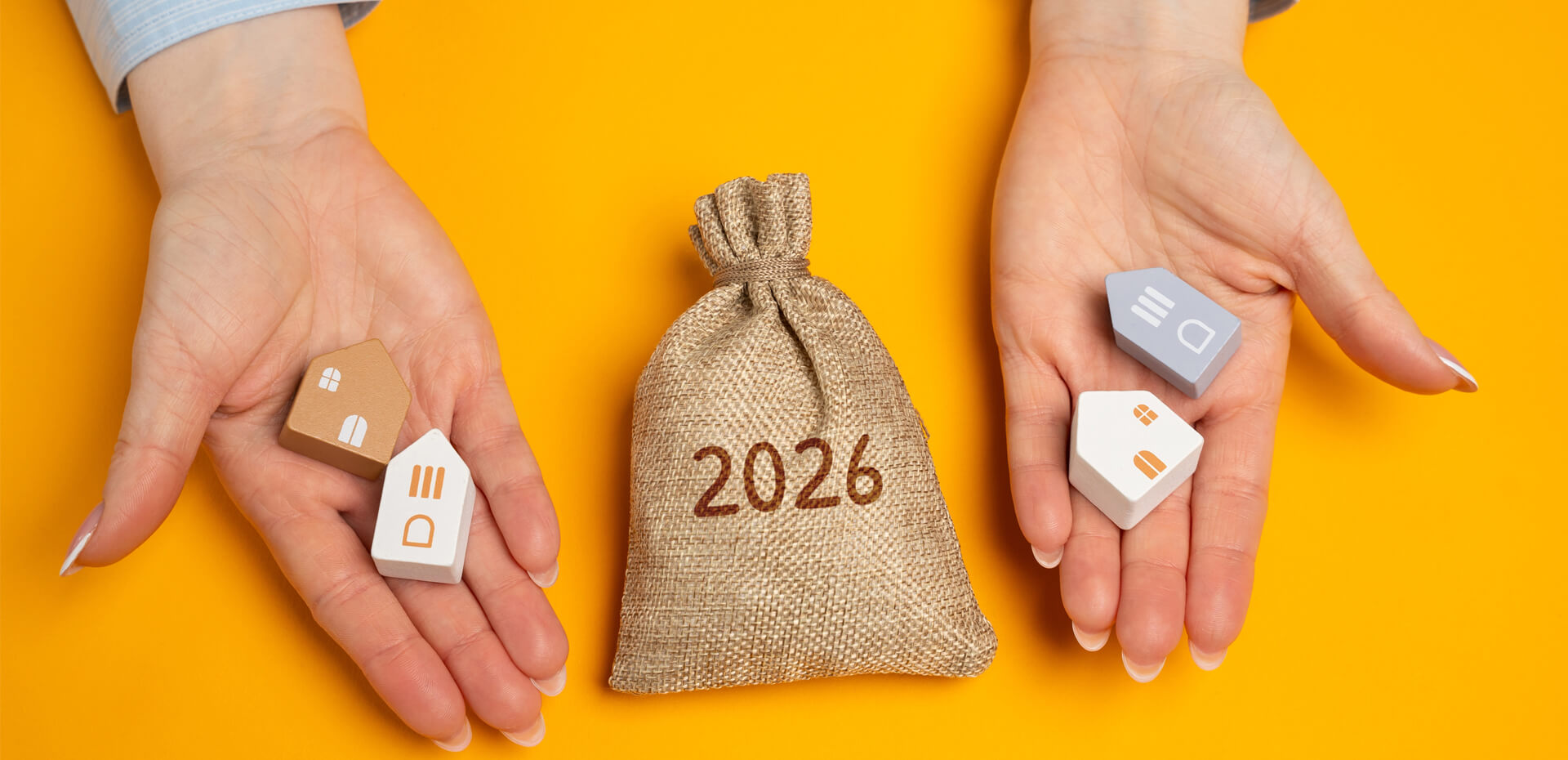For first-time buyers, applying for a mortgage can feel daunting. There’s lots you can do to make things easier and give yourself the best chance of securing a good deal though. Read on for some useful information and practical tips to help you prepare.
Understanding mortgage basics
There are some key mortgage terms to know, including:
Interest rates
As a borrower, this rate is the sum you’re charged for a loan. It’s charged as a percentage of the total loan amount. The greater the percentage, the more you need to repay.
Types of mortgages
There are various mortgage types available to UK homebuyers. Typical mortgage types include:
- Fixed rate: have a set interest rate for a specific period – usually two to five years, though you can find options of up to ten years plus. You’ll know your monthly repayment each month for the duration of the deal.
- Variable rate: have interest rates that change in line with the Bank of England’s (BoE) base rate, so your monthly repayments can vary. Standard variable rate (SVR) mortgages can range from being two to five percent above the base rate, or higher, and can vary immensely by lender.
- Discounted variable rate: are linked to lenders’ SVRs. While the rate is discounted, this is at lenders’ discretion and can vary, even if there’s no change to the BoE base rate.
- Offset: enables you to link your savings and current account balances to your mortgage, only paying interest on the difference between these accounts and your mortgage balance.
Loan terms
These are the terms and conditions linked to a loan. A mortgage term – also known as the ‘term’ – means the duration of your mortgage.
Assessing your financial situation
Assessing your finances is crucial for determining affordability. Calculate your income, outgoings, any debts and savings. Remember to take new property costs into account, such as mortgage payments, funds for repairs, renovations, decorating and furniture. And remember moving costs, such as stamp duty, legal fees and surveys.
Improving your credit score
Improving your credit score takes time. You can do this by:
- Paying bills on time
- Keeping your credit usage low
- Limiting new credit applications
- Avoiding opening new bank accounts
- Checking your credit report regularly. Ensure it’s accurate and current, addressing any mistakes or suspicious activity.
Saving for a deposit
A minimum deposit of 5-10% of the property value is generally required. Though the more you put down, the better mortgage rates you can secure. You’ll also find securing a mortgage easier.
Ways to save more:
- Lifetime ISA
- If renting, rent somewhere cheaper
- Move in with family
- Move your savings to a high-interest account
- Ask family or friends for help
Getting pre-approved
A mortgage Agreement in Principle (AIP) brings many benefits, including:
- Indicating what you can afford to borrow
- Clarifying your options and restrictions
- Strengthening your position when making an offer
Only once you have your AIP should you start your property search.




